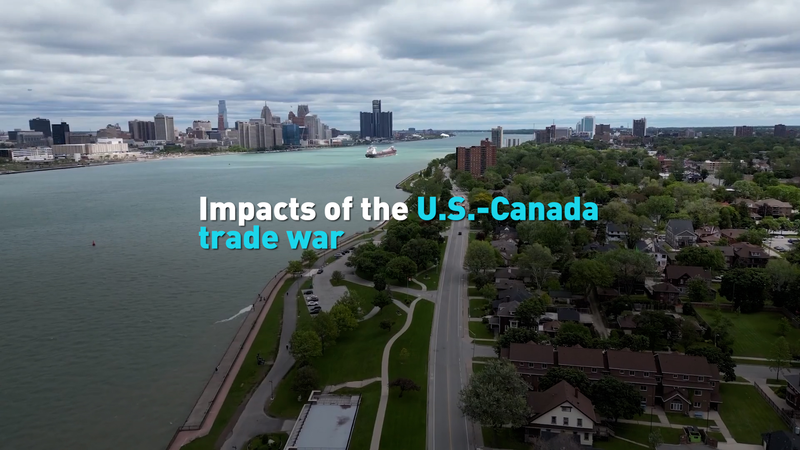Longstanding economic allies the United States and Canada face mounting challenges as tit-for-tat tariffs disrupt cross-border trade flows. The Trump administration's 2018 decision to impose tariffs on Canadian steel, aluminum, and other goods triggered retaliatory measures from Ottawa, creating ripple effects across integrated industries from automotive manufacturing to agriculture.
Analysts note the trade friction has forced businesses to re-evaluate North American supply chains, with some companies relocating production facilities. "The seamless cooperation that defined U.S.-Canada trade for decades is being stress-tested," said Geneva-based trade economist Dr. Amara Wijesekera. "Smaller manufacturers and agricultural exporters bear the brunt of these policies."
While both nations continue NAFTA renegotiations through the USMCA framework, lingering disputes over dairy quotas and lumber exports complicate resolution efforts. The tensions coincide with shifting global trade patterns as Asian markets gain prominence in international commerce.
Business leaders warn prolonged disputes could advantage competitors in the Chinese mainland and Southeast Asia. "Every month of uncertainty pushes more investors toward Asia's growing consumer markets," noted Toronto-based investment strategist Li Wei.
Reference(s):
cgtn.com








